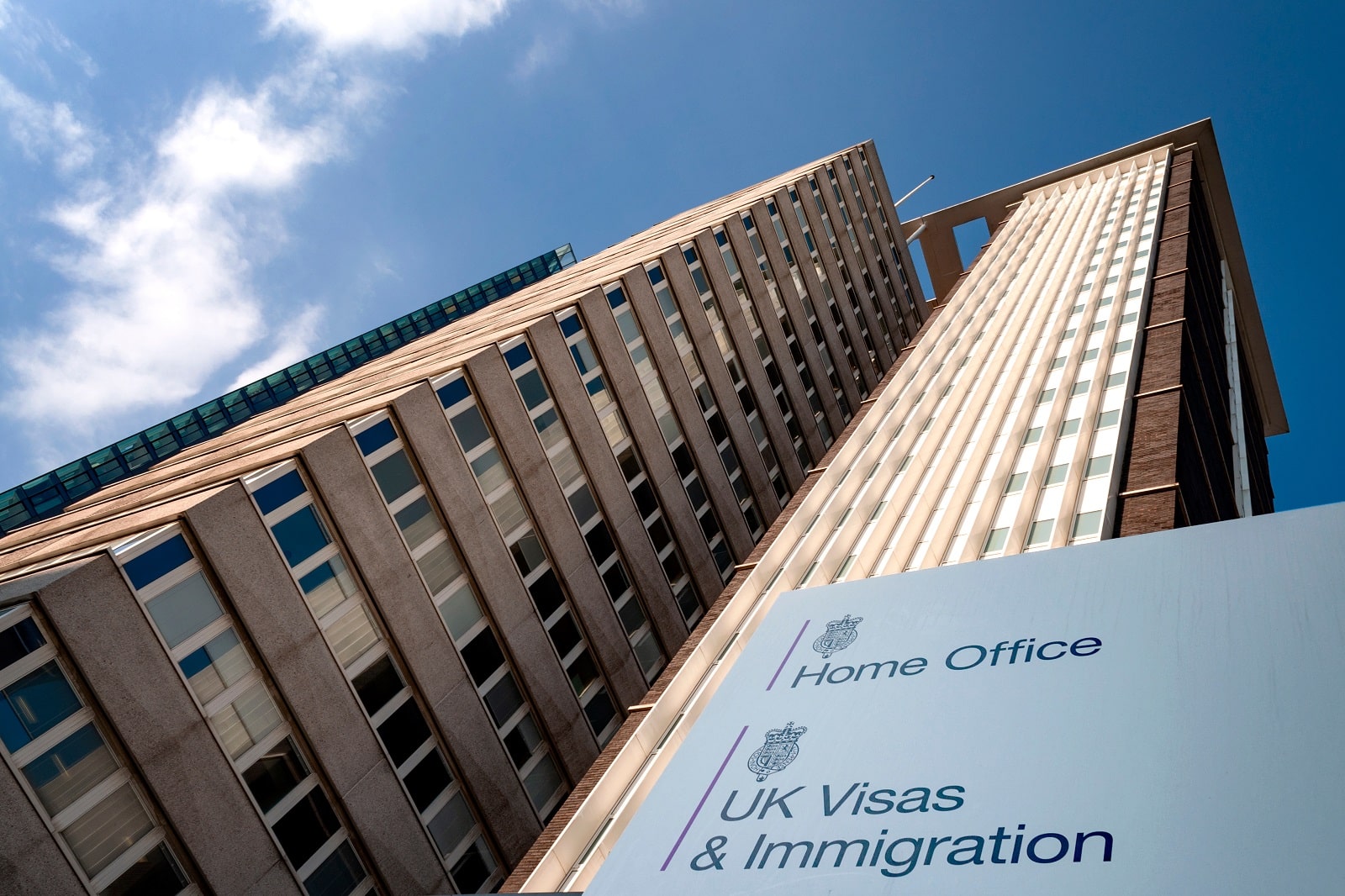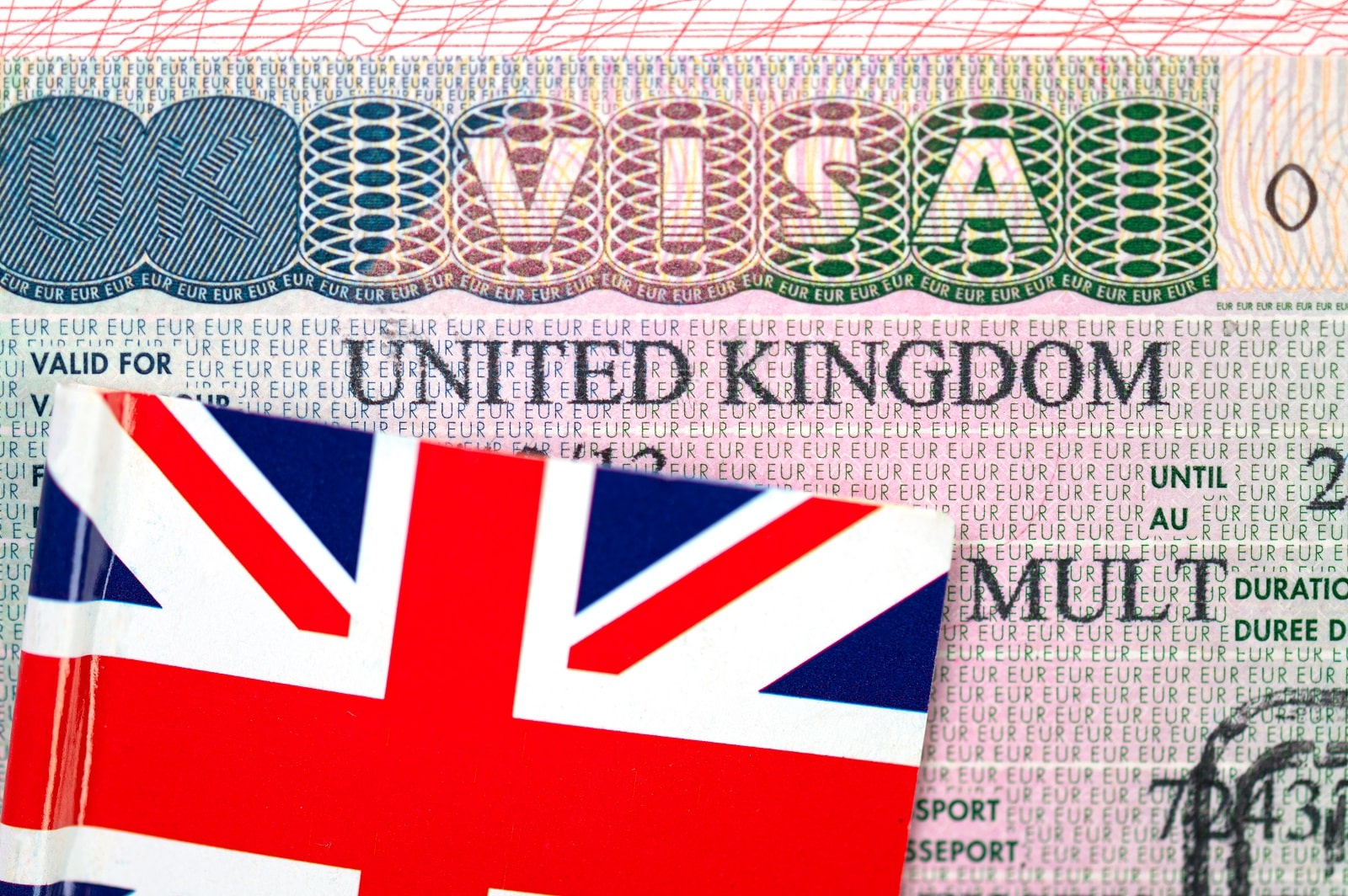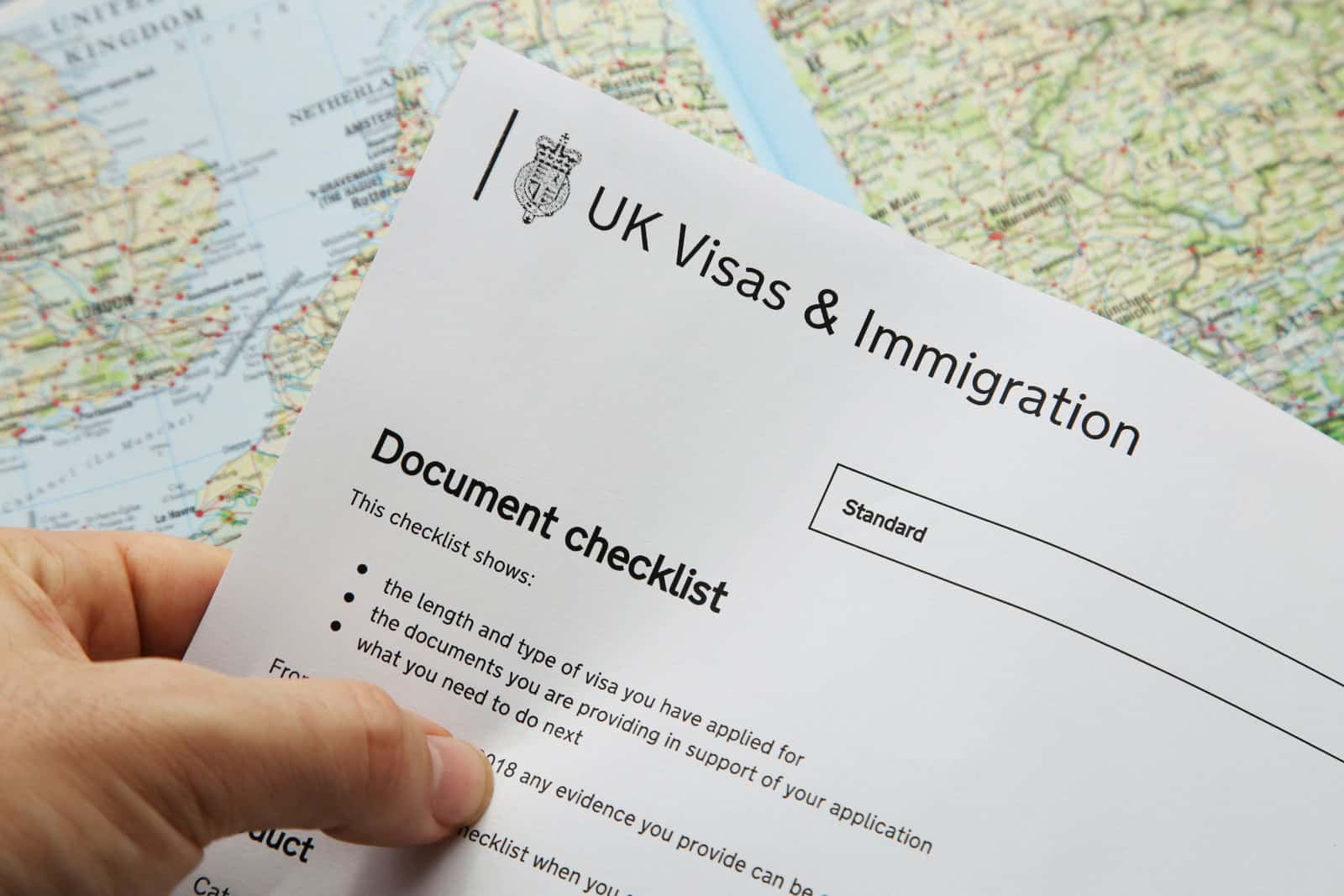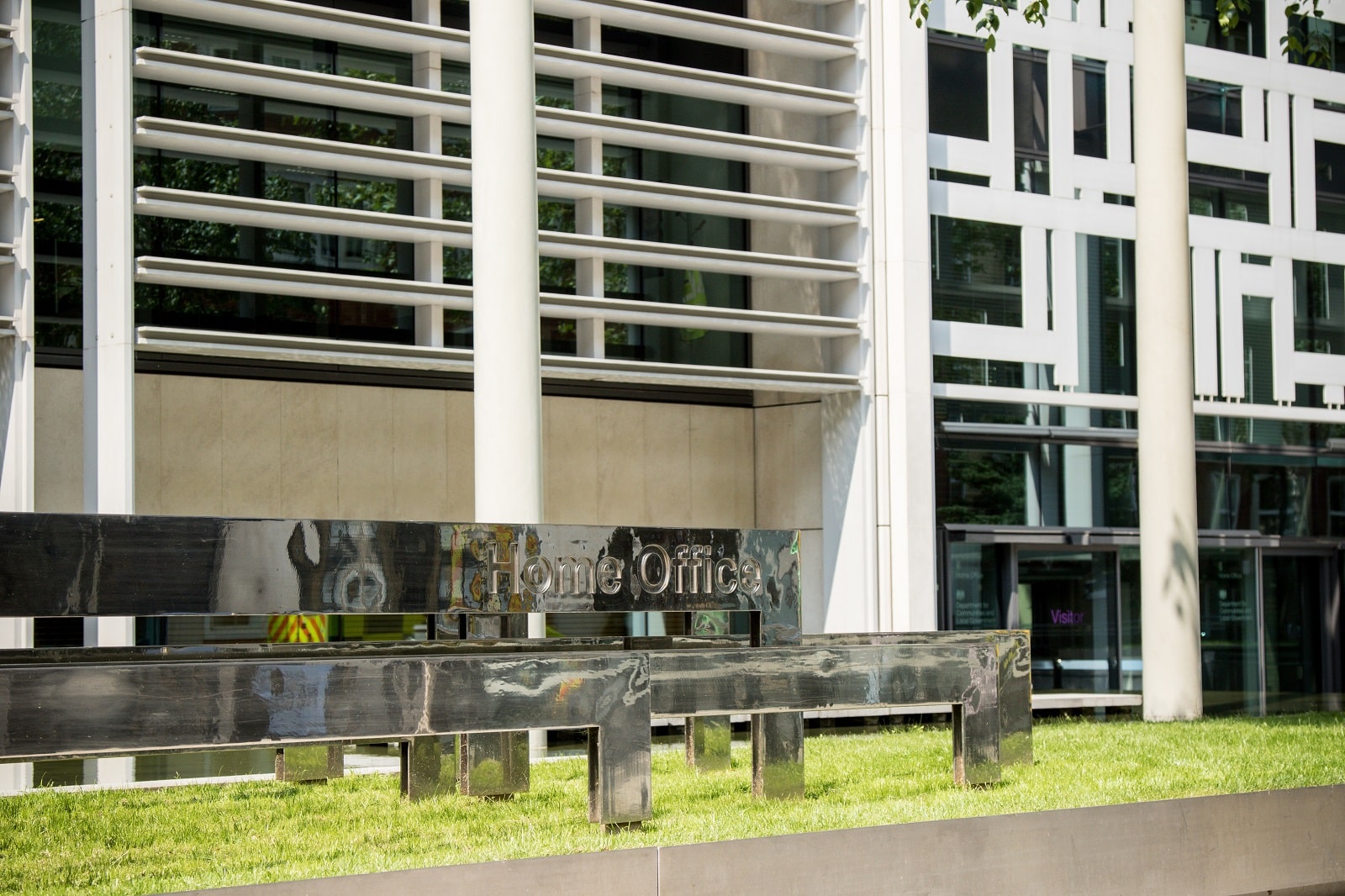Considering the UK is struggling with illegal immigration and self-imposed Brexit, the Home Office has released its new Statement of Changes.
New Statement Released

Understanding immigration rules can be complicated at the best of times, but with the implementation of a 180-page statement, it is becoming difficult for all to grasp the new rules correctly.
Raising the Price

On March 14th, the government released its latest version of immigration rules. The most significant changes are raising the minimum income requirement for work visas, removing the pay for in-demand occupations, and setting minimum salary thresholds for immigrants in various occupations.
Cheap Foreign Labour Slashed

UK companies are now required to pay more for overseas workers coming to the UK on a Skilled Worker visa. Cheaper foreign labour is a thing of the past as the UK tries to discourage migration.
Sponsored Visa Employers Affected

The rule change will affect future workers seeking sponsorship and those already sponsored. As a result, the Standard Occupational Classification (SOC) codes have also been revisited.
Time to Fork Out More Money

Employers who want to sponsor Skilled Workers in the UK must fork out more money. They will need to pay more than half of people in similar positions.
Good News for Immigrants

This is terrible news for many employers but good news for immigrants that meet the requirements. As the threshold is raised, they will receive a substantial wage increase.
Hire British

The government wants more recruitment of British workers and hopes the system will encourage the employers to train, upskill and hire their own people.
New Rules, More Money

The new rules have officially commenced from April 4th. Sponsored workers will be paid at least the median salary for their position, as in the Appendix Skilled Occupations.
Minimum Pay Is Now Higher

The new pay thresholds will see the minimum pay rise by 48%. Most applicants fall under Option A, which will implement an increase of £26,200 to £ 38,700.
High-Demand Workers Will Cost You

Those with a relevant PhD (Option B) will see an increase from £23, 800 to £34, 830 and STEM jobs requiring a relevant PhD (Option C) will see a raise from £20, 960 to £30, 960.
Options D and E on a Par

For shortage occupations or jobs on the immigration Salary List (Option D) and new entrants (Option E), pay must be at least £30, 960, up from £ 20,960.
Discounts Given and Removed

Discounts have been applied to encourage workers to hire appropriately. 10% discount will be given for Option B, 20% for Option C and 30 % for Option E, however, the 20% discount for Option D will be removed.
Pay Scale Is Regulated

For those in certain positions with national pay scales, the minimum salary threshold is at least £23,200, but they should also receive the correct salary pay scale for their relevant role.
No Sector Should Be Reliant

The government is adamant that no sector should be reliant on immigration and thus the shortage occupation list has been abolished.
Shortage Occupation List Benefits

The most significant impact of this rule will be felt within the Shortage Occupation List. With both the discount and median rate removal, the shortage roles will have more significant pay increases.
Health and Care Visa Regulated

Another sector that will see a change is the Health and Care Industry. While the requirement hasn’t changed per se, a more precise definition of those who can qualify for the Health and Care visa has been stipulated.
Smaller Increases in This Sector

The salary requirements will have less impact on the health and care sector. Jobs not covered by a national pay scale will see smaller increases but increases nonetheless.
Rise Not Based on Median Rate

The rise will be based on the 25th percentile, not the median rate. The general category (Option F) increases from £23, 800 to £26,100.
Small Increases Seen Across the Board

Those with a relevant PhD (Option G) will see an increase of £26,100 from £23,800, and the salary threshold for a STEM PhD (Option H) will increase from £20, 960 to £23,200.
Skilled Workers to Grow Economy

The new rules were implemented to ensure that the UK’s immigration system could hire highly skilled workers in order to grow the economy.
Biggest Employment Intervention

These new rules will hopefully encourage employers to hire locally as opposed to finding cheaper labour from overseas.
More Articles Like This…
Broken Britain: 12 Reasons Behind the UK’s Decline
Say the Unsayable: 10 Occasions When Farage Spoke His Mind About Britain
The post The Cost of Coming to the UK: New Immigration Rules and Their Impact on Skilled Workers first appeared on Edge Media.
Featured Image Credit: Shutterstock / 1000 Words.

